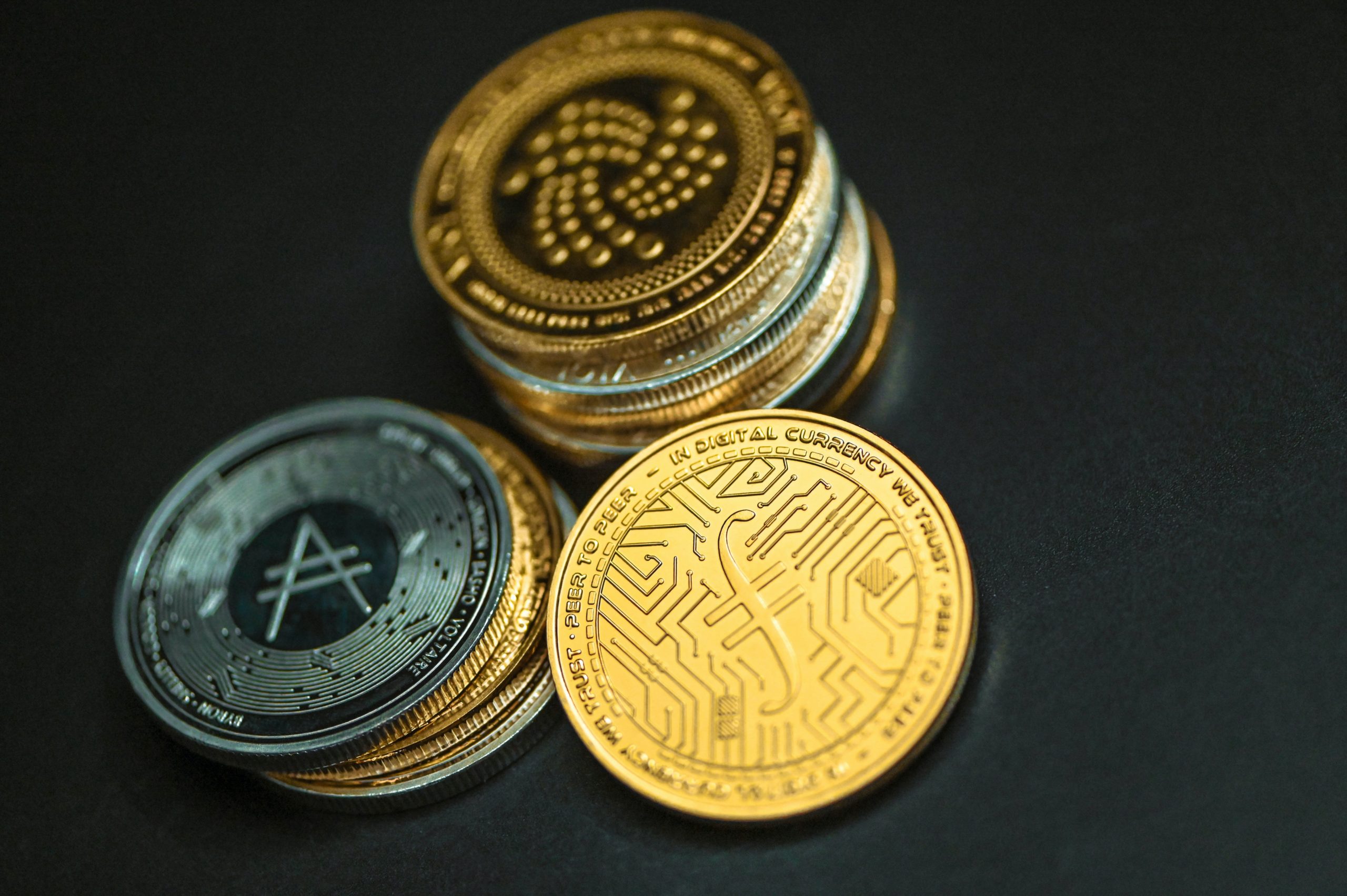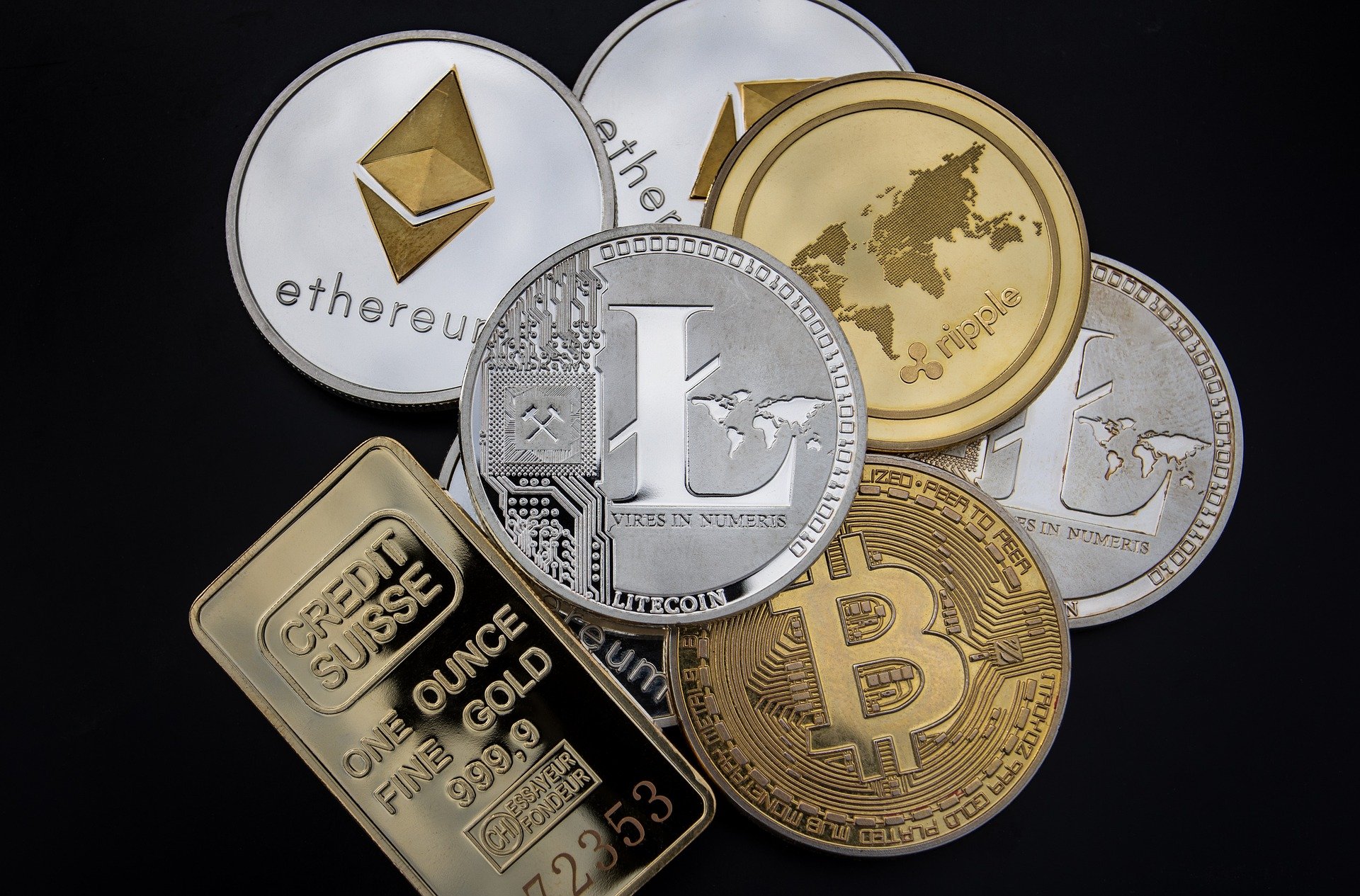We recommend the best products through our internal review process and may receive compensation if you visit partners we recommend according to our advertising disclaimer.
Altcoin Trading For Beginners
New investors (or Beginners) often fear venturing into a new investment option. This situation is understandable as there are only two outcomes in entering new investment territory: losing money or making money. The former is the primary reason for fear. However, properly collecting information and planning can help beginners successfully make investments in unfamiliar areas.
Altcoins have spiked the interest of investors in general, and gradually more and more investors are considering jumping on the train. The stories of regret from investors who have incurred losses seem to keep others from trying. On the other hand, those who seemingly became millionaires overnight from trading in altcoins seem to keep investors interested. All the same, no one wants to remain a spectator, and proper guidance can help you join the altcoin market without literally having to sell the farm.
What are Altcoins?
An altcoin is a general term used to represent any cryptocurrency (or coin) that is not Bitcoin (BTCUSD). However, some exclude Ether (ETH) from being called an altcoin. They are usually different from Bitcoin but often share certain features with this market-leading cryptocurrency.
Altcoins tend to distinguish from Bitcoin by reducing their shortcomings and increasing their range of abilities. For example, some exhibit extra or new capabilities like having fewer volatile prices and smart contracts. Some altcoins also use a different mechanism for block production and transaction validation. Many expect that, with its continued growth and the maturity of the altcoin market, altcoins will no longer mimic the BTCUSD trading signals. The market will become independent.

Types of Altcoins
There are different types of altcoins, and some of them tend to fall into more than one category. The categorization essentially depends on consensus mechanism and functionality, which play a role in knowing how to trade altcoins.
The primary categories are:
● Mining-based Cryptocurrencies
● Stablecoins
● Utility Tokens
● Security Tokens
Mining-based Cryptocurrencies
These altcoins are mined and use Proof of Work (PoW) which solves complex problems to make blocks or produce new coins. As of the first quarter of 2020, most fast-growing altcoins fell in this category. Good examples of these coins are ZCash, Monero, and Litecoin.
Some other altcoins are pre-mined and, in some cases, belong to an ICO (Initial Coin Offering). These coins are not generated via an algorithm. Instead, there is an initial coin distribution before listing in the Crypto market. An example of a pre-mined coin is XRP (Ripple).
Stablecoins
Volatility is the order of the day when crypto trading is involved. However, this is where the Stablecoins have an edge. They reduce volatility by fixing their value to generally stable commodities like precious metals (Gold, Silver, etc.), Fiat currencies, and other Cryptocurrencies. The price fluctuations of Stablecoins have a narrow range that it must not exceed. Good examples of Stablecoins are USDC (USD Coin), DAI, and USDT.
Utility Tokens
Utility Tokens are usually used for service provision within the confines of a network. Holders of these tokens can use them to redeem for rewards, pay network fees, or even pay for services. A great example is Filecoin (for purchasing storage space on a network)
Security Tokens
These are like regular securities in the stock market but with digital origin. Unlike utility tokens, security tokens are more like traditional stocks that pay out dividends based on ownership stake. There is a significant possibility of increasing the price; hence they are popular with investors.

Trading Altcoins
Trading in cryptocurrency generally means exchanging one coin for another. The same thing applies to altcoins. If you’re searching for where to buy altcoins, there are numerous platforms to use; Binance is the most common. Additionally, Bittrex will do the trick for trading altcoins. Exchanging coins comes at a fee for using the platform for trading purposes. These platforms also provide top-notch analytics of the crypto market (for different crypto pairs) to help people trade wisely.
How To Trade Altcoins
There are two effective strategies to use, either short-term or long-term.
Short-Term Trading Strategy
In this method, you can buy altcoins but hold them for a short period of time and sell them at a profit. This method can be beneficial if the price rises reasonably quickly.
One example of short-term investing is day trading. You buy an asset with the intent that the longest time you will keep it is one day. Your goal is to make multiple investments a day, with each making a small profit. You may only own an asset for a few minutes in some cases.
Long-Term Trading Strategy
Just as the name implies, the long-term strategy entails holding your altcoins for a period that is no less than a year. This is like what happened with Bitcoin. In 2009, Bitcoin was worth $1, and as of 2017, it had grown to almost $20,000. A person who held their BTC from 2009 to 2017 used a long-term trading strategy.
Wrapping It Up
Altcoins can be an excellent alternative since many of them have characteristics designed to correct some of the flaws existing with Bitcoin. Many investors have concerns about putting their money into altcoins, which is valid. However, as more people look for alternative streams for investing, altcoins will become increasingly attractive.
Click for your free Crypto investing course here.

